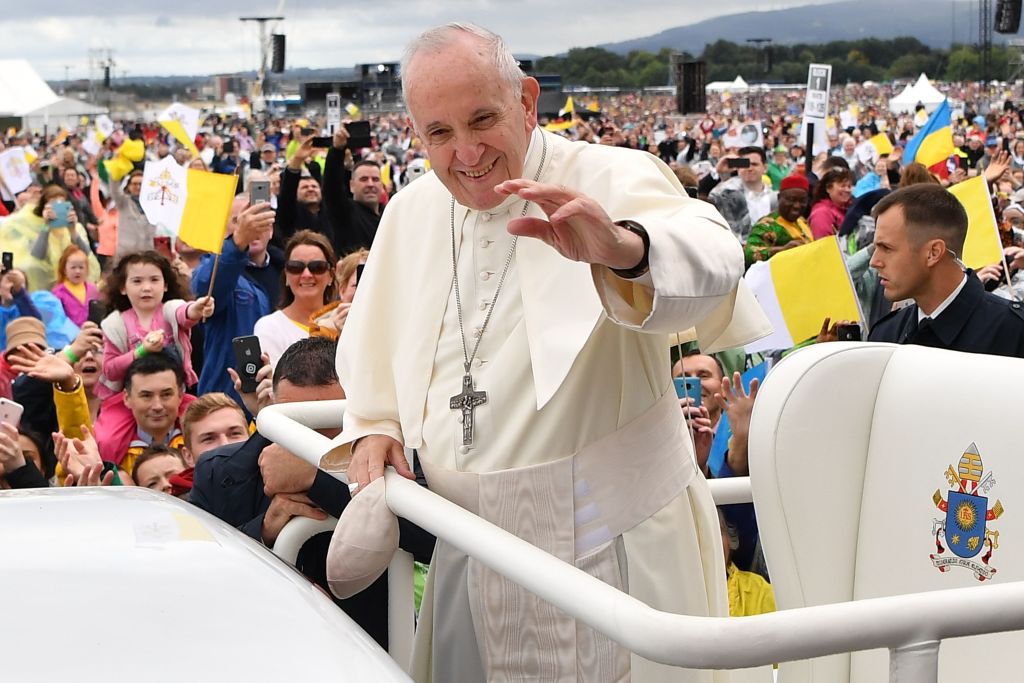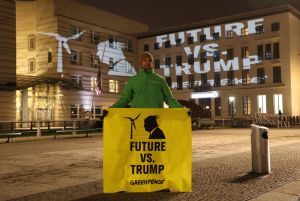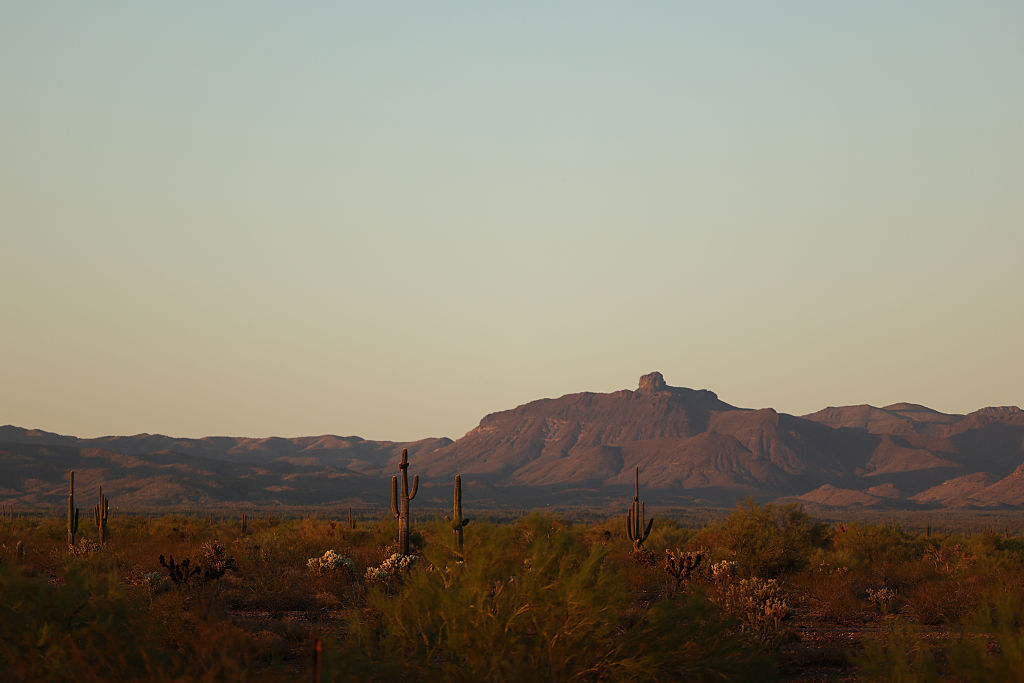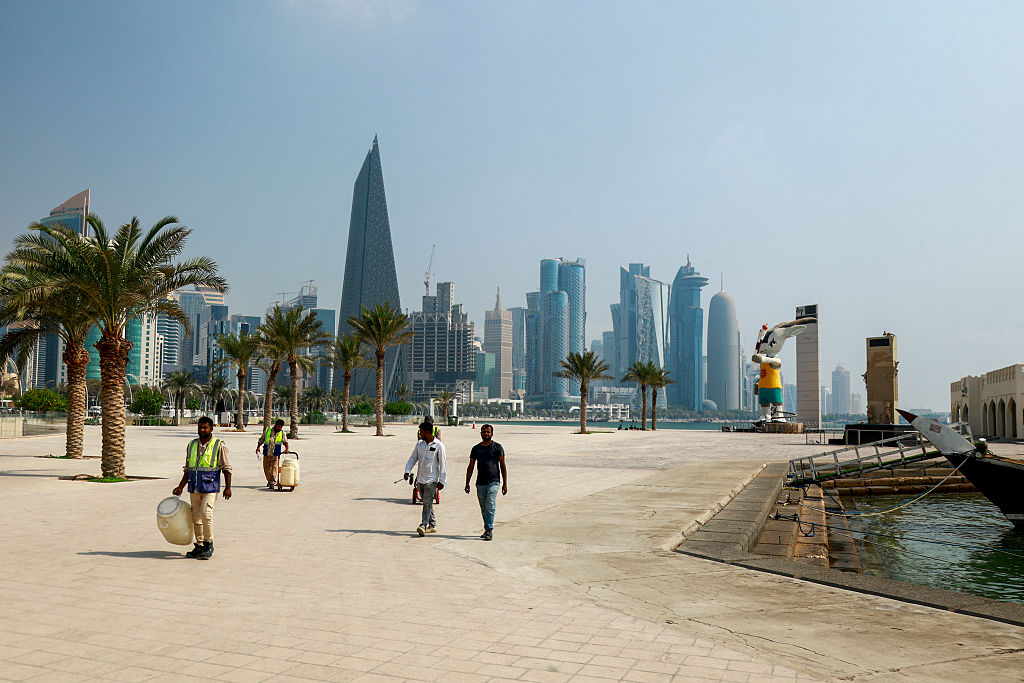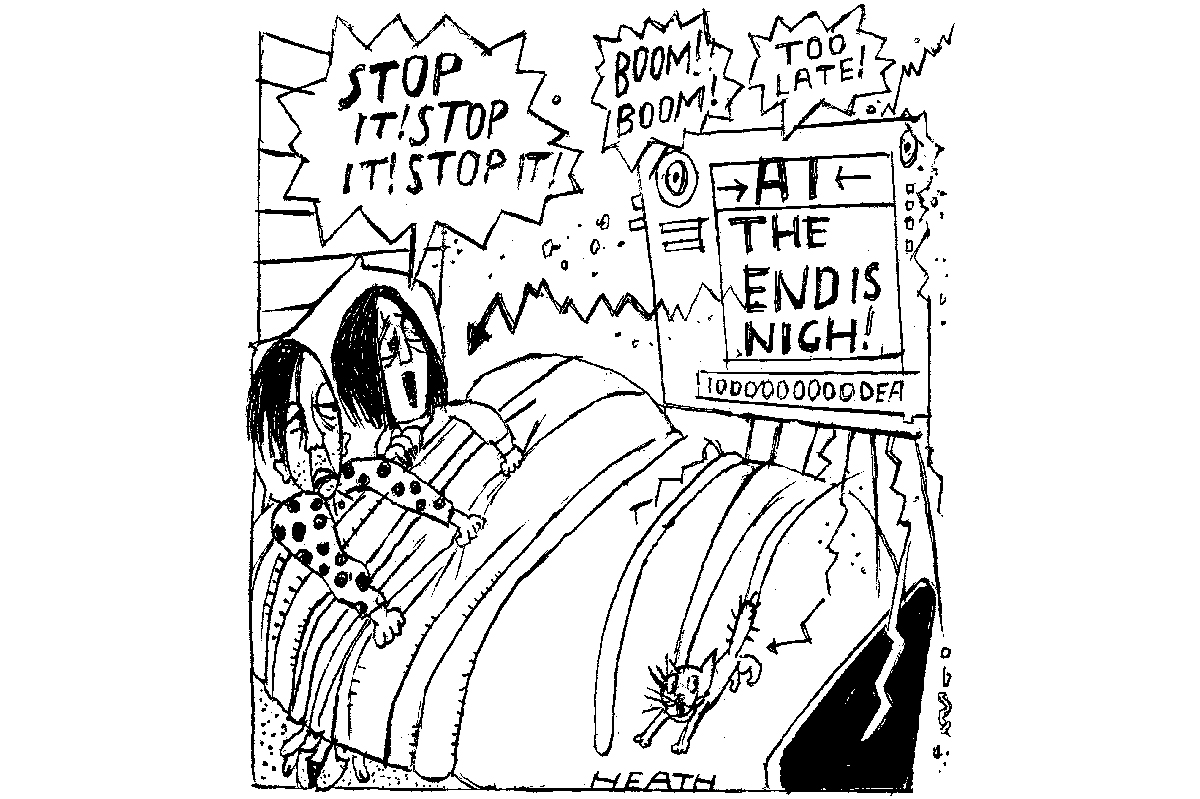The allegation by a former senior Vatican diplomat that Pope Francis vigorously covered up sex abuse is looking more credible by the day. Archbishop Carlo Maria Viganò, former apostolic nuncio to the United States, says he told Francis in 2013 that Cardinal Theodore McCarrick, retired Archbishop of Washington, was a serial abuser of seminarians. The Pope ignored him, he claims – and lifted sanctions placed by Benedict XVI on McCarrick. Moreover, he fully rehabilitated the old man, who became one of his most trusted advisers. Viganò has called on Francis to resign.
We can now be reasonably certain that Benedict, after a deplorable delay, did punish McCarrick, whom independent sources have confirmed was forced out of the seminary where he lived in retirement and moved to a new home in Washington DC. Cardinal Donald Wuerl, current Archbishop of Washington, says he knew nothing of McCarrick’s crimes or punishment. That claim seems implausible.
Even some of the cardinals most closely allied to Francis, such as Blase Cupich of Chicago, appearing to be tiptoeing away from a profoundly damaged pontiff. Cardinal Cupich has issued a statement calling Viganò’s 11-page testimony ‘astonishing’ and denying its claim that he was given the prime see of Chicago at the behest of McCarrick. But he has not defended the Pope against Viganò’s charge that he culpably protected and promoted a sinister predator; instead he has called for a ‘thorough vetting’ of his testimony.
An article by Michael Brendan Dougherty in National Review sums up the private thinking of many cardinals, bishops, priests and laity, who are joining the dots between the rehabilitation of McCarrick and previous examples of Francis turning a blind eye to the wrongdoing of his allies. ‘The record of Francis’s pontificate is such that it is easier than it should be to credit the accusation that he would knowingly rehabilitate a progressive but morally dissolute cardinal and grant him greater influence in the Church’, writes Dougherty.
All of which suggests that this pontificate will come to a spectacular and disastrous end, as I wrote when the scandal broke at the weekend. At the time I thought Francis might be forced to resign, though it would require a great deal of force, such is the man’s arrogance and his almost limitless powers as pope.
But not so fast. Canon 332 of the Church’s Code of Canon Law says that ‘should it happen that the Roman Pontiff resigns from his office, it is required for validity that the resignation be freely made’ [my emphasis].
If Francis announces that he is resigning, and it is clear that he is doing so because the allegations against him are true, then can one really say that the resignation was ‘freely made’?
According to some canon lawyers, any Pope compelled to resign by scandal cannot be said to have made his decision of his own free will – even if he insists that he is doing so. (Note that Benedict XVI, when he astonished the college of cardinals by resigning, stressed that the decision was his alone – and no one of any consequence has disputed this: it was a bolt from the blue.)
It’s likely that, in these circumstances, Francis loyalists would jump on Canon 332 and use it to justify their refusal to recognise any successor as pope.
The result? Schism, surely. One can imagine a situation in which some dioceses or parishes recognise Francis as pope, while others declare their loyalty to the new man. The Church would be plunged back into the medieval turmoil of rival papacies, of popes and antipopes.
This explains why some conservatives would rather see Francis remain as an utterly discredited pope than contemplate a resignation.
And yet…if Viganò is shown to be telling the truth, and the Vicar of Christ was in league with a man he had been told was a wicked sex abuser, how can Catholics be expected to go to Mass and pray for ‘Francis, our Pope’? Dioceses and parishes will secede from Rome in some way or other, even if they stop short of schism (that is, formally rejecting the authority of the Roman pontiff). Can one blame them?
Medieval analogies notwithstanding, there is no precedent for the escalating chaos in the Catholic Church. And the individual chiefly responsible for that – whatever his degree of culpability in the case of McCarrick, and bearing in mind the failings of previous popes – is Francis.



